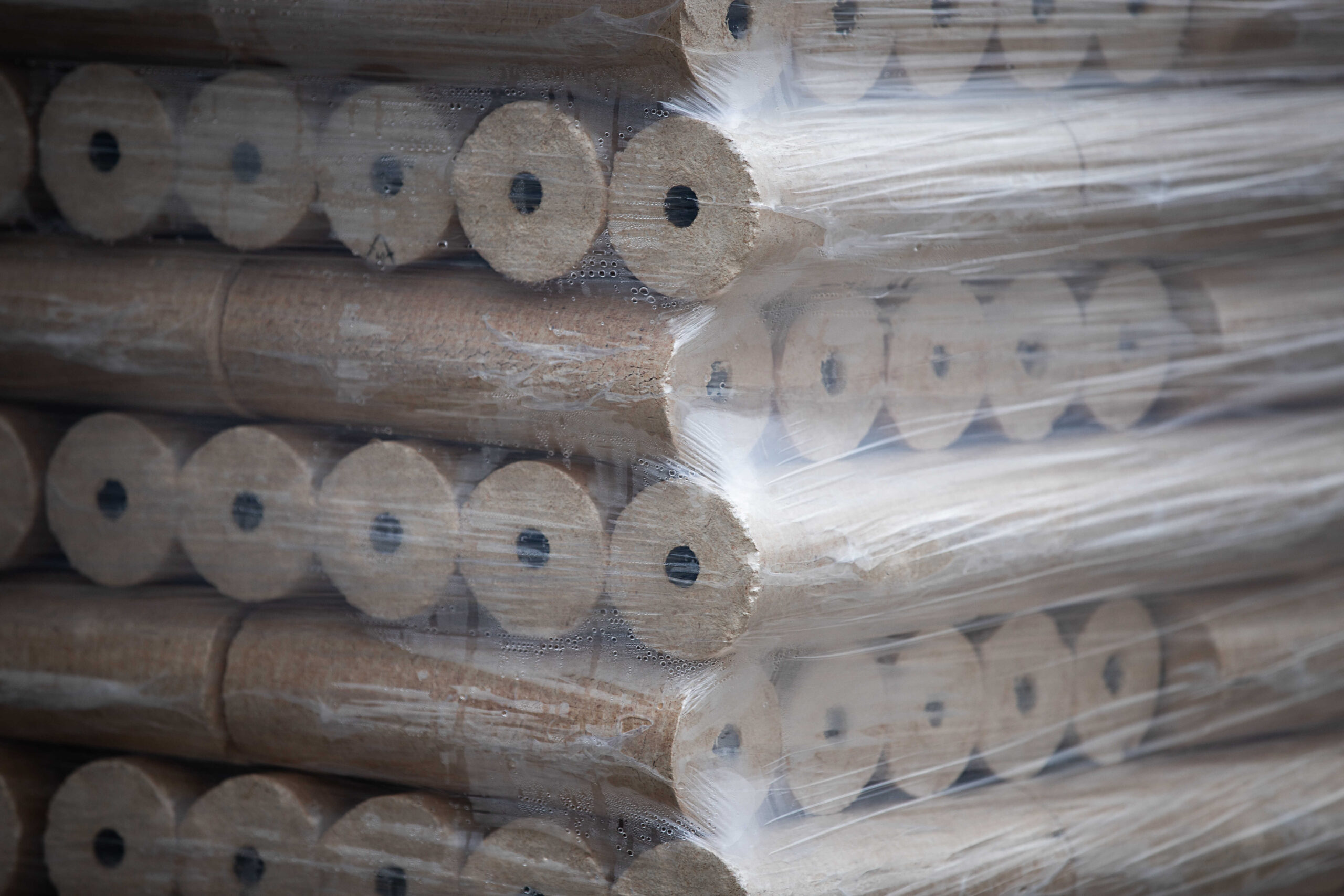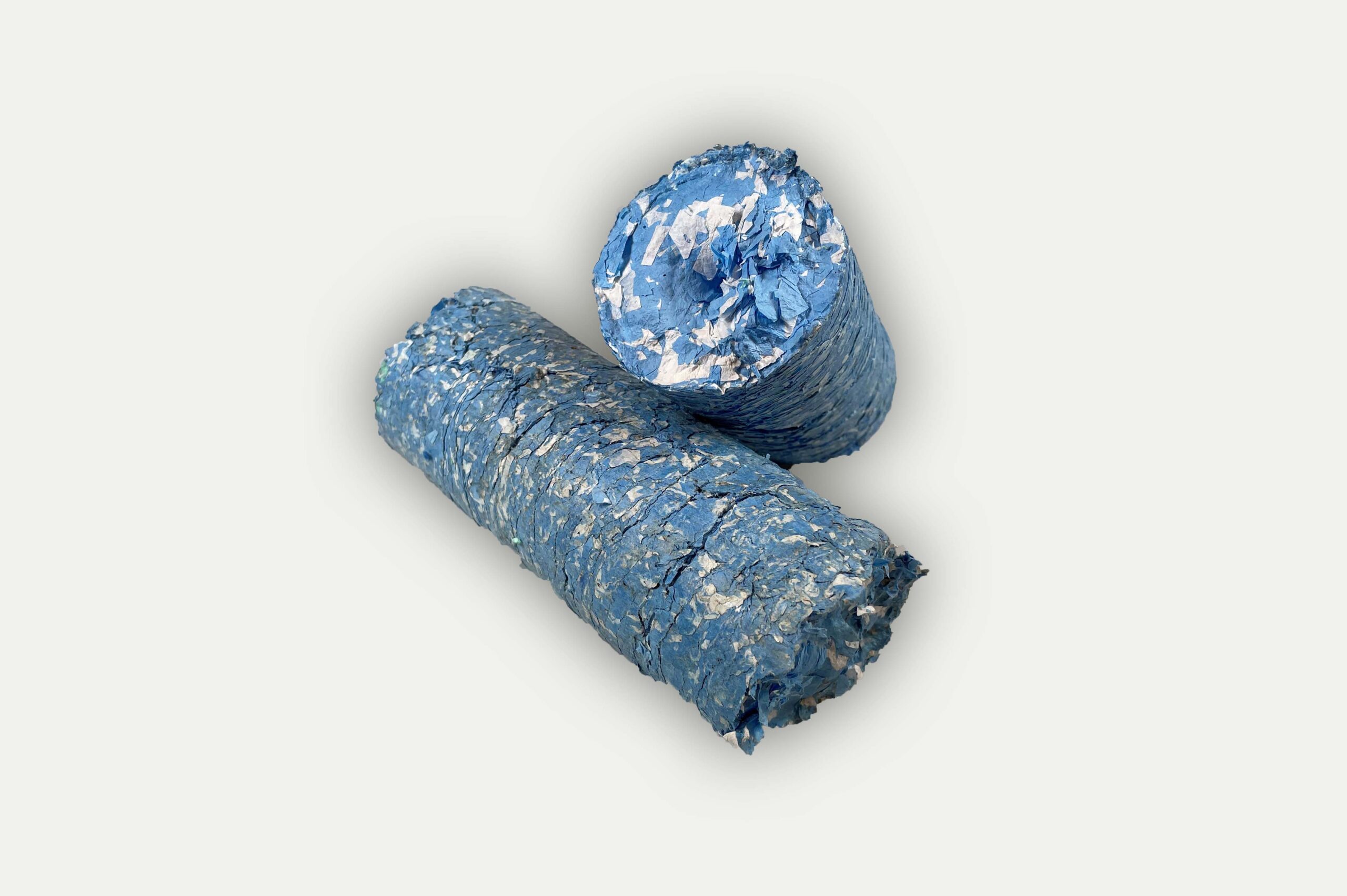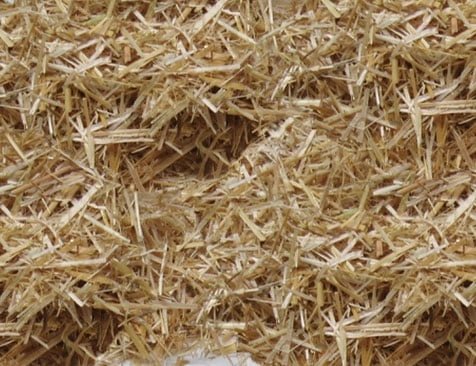Briquettes are versatile fuel sources, and they can be crafted from various materials ranging from wood and agricultural residues to waste. By transforming raw materials into compact briquettes, it is possible to significantly reduce the volume for transportation, minimizing logistical challenges and costs. Moreover, converting these materials into briquettes offers a sustainable solution for managing agricultural residues, wood scraps, and other waste materials, thereby mitigating environmental issues associated with their disposal. Manufacturing briquettes provide a compelling option for addressing both transportation hurdles and residual material management.


Wood and agricultural residues are prominent segments in the realm of briquette production.
Wood, a traditional source of energy, can be transformed into briquettes, offering a cleaner alternative to conventional firewood, due to a normally lower moisture content. Agricultural residues such as straw, husks, and stalks, often deemed as waste, can be repurposed into valuable briquettes. Utilizing these materials not only reduces waste but also provides a sustainable energy source, contributing to environmental conservation efforts.
Another significant segment in briquette production includes waste/ non-biomass materials. Waste/non-biomass, typically non-renewable waste materials such as plastics, paper, and textiles, can be effectively utilized in briquetting manufacturing. By converting these waste materials into briquettes, the environmental burden of non-biodegradable waste is lessened, offering an eco-friendly alternative to traditional disposal methods.
Briquettes derived from waste/ non-biomass offer a sustainable solution for waste handling, as briquetting enables a renewable energy source along with the benefits of reducing the volume of the waste.


Briquetted straw absorbs 7-10 times more than normal straw, as a result, it generates high yields in the biofuel plants. Partnering with our sister company Kinetic Biofuel, we have developed a patented 2nd generation technology using briquetted straw in biogas production. This innovative approach not only provides a renewable energy source by using straw briquettes but also addresses waste management challenges by utilizing organic waste.